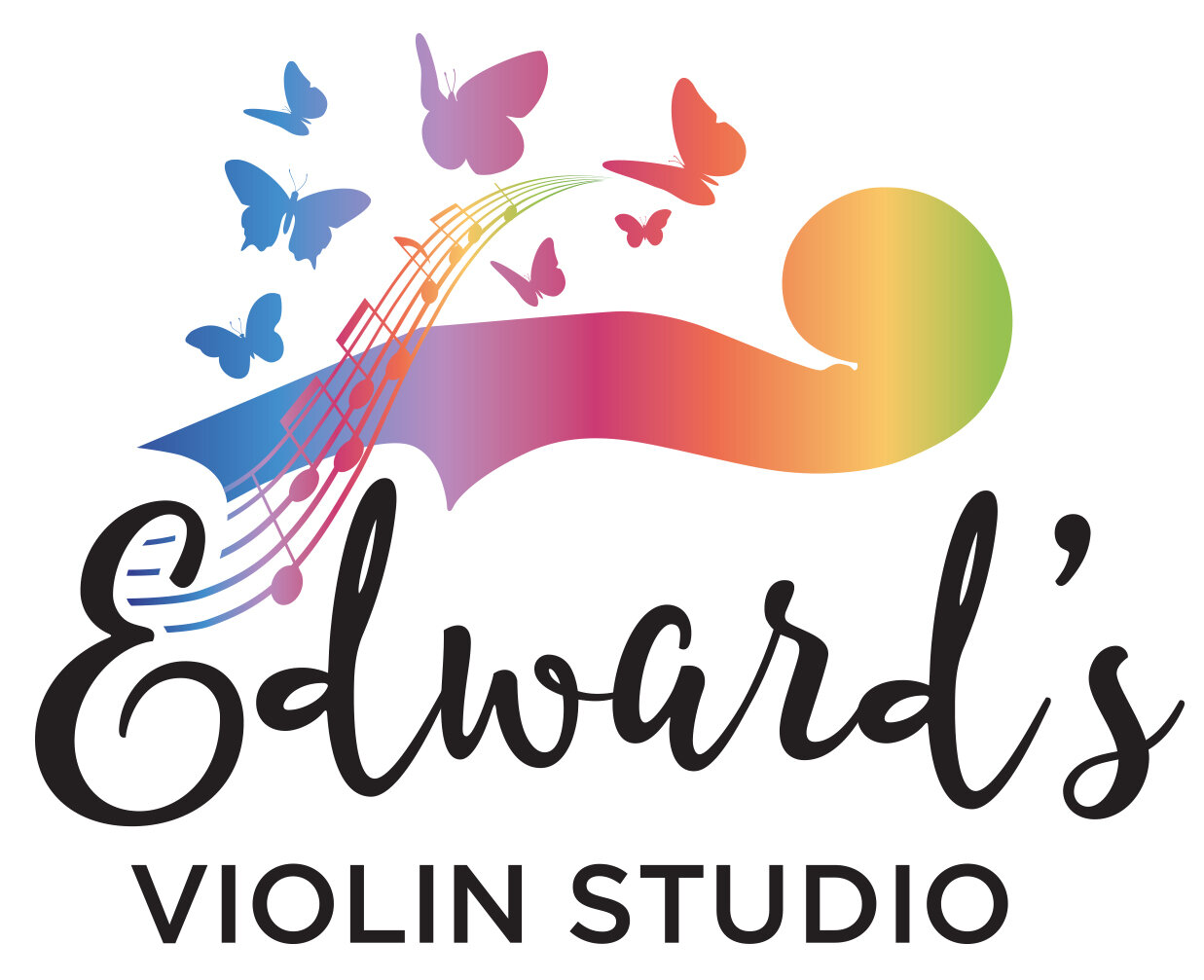Stop Checking Boxes And Jumping Through Hoops (A Graduation Primer)
Recently I attended a High School senior’s graduation recital. It was nice to get out and do something like this in person, finally! The student is an accomplished violinist, and she presented a wide array of music. I almost said “impressive”, but that is not quite the right word.
It was a difficult selection of literature, including a movement of a major violin concerto, unaccompanied Bach , and several modern composers. She had moments where her technical facility really shone, and it was interesting to see her try her ability with some modern composers.
But rather than be impressed by this, I saw her performance as mostly over-reaching to prove a point. It felt like she was just checking boxes and jumping through hoops.
Career scripting
Because she is interested in a career in violin performance, this is the scripting she is getting from her family and her mentors. To get ahead, to claim the bronze cup, you need to perform certain names, show certain skills, demonstrate a certain amount of chutzpah in tackling something difficult, and play a large volume of material to show breadth.
The point was to add in lots and lots of literature and demonstrate the widest range possible, even if musicality and expressive control suffered. She had not the time to memorize, rehearse, and master that volume of literature.
The difficulty level of the music was frankly too difficult for her to master. (When I say “master” I mean for for her age and technical competency.) Very little of it was memorized. I happen to know that she is a Suzuki student, not one of mine. Presumably this means she is an old hand at memorizing. Indeed the few pieces she played from memory were the most musical and the most expressive. The other pieces sounded difficult but mechanical. They lacked nuance. Especially when hearing unaccompanied Bach, I’m hoping for close attention to musical interpretation, not just ability to play chords, difficult fingerings, key transitions and so forth.
And, at her level of competency, the pieces shouldn’t sound hard. Ease and fluency of playing are the aim of Suzuki, not leaving an audience with the impression that you were struggling mightily just to keep up.
Doing more with less
When music becomes just another hoop to jump through, the art and craft of it suffers. I would rather have heard a shorter concert with more carefully crafted music, rather than a longer performance that felt strained, rushed at times, and not as authentically from the heart.
If you clearly play with more musical sophistication when you memorize, why not play fewer pieces so you can do more memorizing? Why not bring more musical nuance to the table for your showcase concert?
Connect to your audience
This student was clearly focused on giving a formal performance, without any words for the audience. She gave hardly an acknowledgment that there even was an audience there. A few words about why a piece was chosen, or what it means to the performer, goes a long way toward increasing the communicative power of music.
It seems important for me to note that none of this was her fault exactly. It was partly due to immaturity and self-consciousness typical of a teenager. But more importantly, it came from scripting. If we, as teachers, mentors and parents, do not help students learn how to connect to the audience, they will inevitably view music as only a test of their ability, and as a means to a utilitarian end, such as money, fame, power, status, adoration of fans, acceptance by family, and so forth.
Some advice for graduates
What the point of art, without soul? All the artistic technical prowess in the world, without soul, is lifeless. The connection to the audience is lost, and it ceases to be about human beings experiencing beauty together.
All the artistic technical prowess in the world, without soul, is lifeless.
If I could pass one piece of advice along to this student as she readies herself for college and a career as a professional violinist: make your art an experience for the hearer. Talk to us, let us in to your world. Even briefly, is better than nothing. Tell us what the pieces mean to you personally.
Don’t be afraid to play fewer pieces, and really say something with them, because their staying power in our memory will be greater. Linger more over the notes. Memorize so you can say something from your heart. Make it more human.
Ask yourself: Is art an experience, or merely a presentation of ability? Is it supposed be organic, living, and messy, or inanimate because perfect, like some rare jewel to be preserved under glass in a museum? Are you just presenting data like a machine? Or giving us your heart and soul?
Don’t just check the boxes, don’t just jump through hoops. Despite what everyone tells you, that is not the way to happiness, nor to reaching real development as an artist. By proving a point about what you can play, you may win some attention and brief external success, but the lack of soul will catch you out in the end.
Learn this lesson early, so you can be happier AND contribute more to the audiences that will hear you. That is the way to a truly sustainable career in music.
